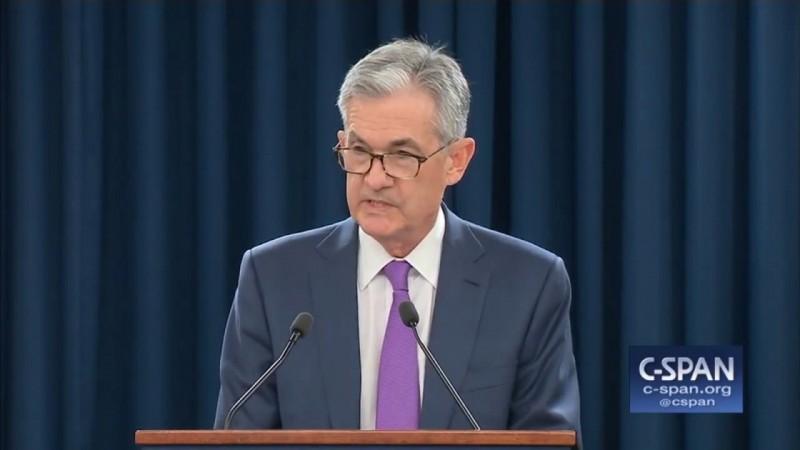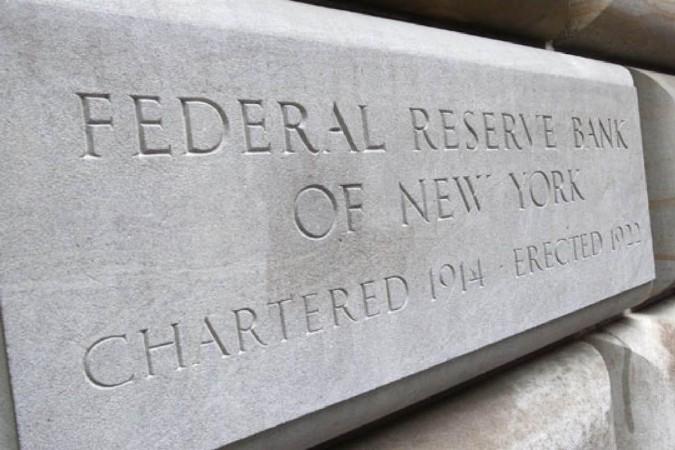The US Federal Reserve on Wednesday raised interest rate by 25 basis points, which is modest compared to previous hikes aimed at curbing inflation but came amidst uncertainty about the banking system that has taken a hit in the last few weeks triggering fears of a larger problem.

This hike takes the target rate in the 4.75 per cent to 5 per cent range, which is the highest since the start of the recession in September 2007. Later, Fed Chief Jerome Powell hinted that this could be the last hike, cet bar.
Soon after the rate hike announcement, the Dow Jones Industrial Average was down 250 points, or 0.8%, while the S&P 500 slid 0.5%. The Nasdaq Composite dipped 0.3%.
However, the Fed did address concerns about the banking system.
In a statement it said, "The US banking system is sound and resilient. Recent developments are likely to result in tighter credit conditions for households and businesses and to weigh on economic activity, hiring, and inflation. The extent of these effects is uncertain."

There was speculation that the Fed might not raise the interest rate at the end of its two-day meeting this week in view of the collapse of the Silicon Valley Bank and trouble at another bank because of rising interest rates, among other reasons. And that it will put on hold its battle against inflation to take stock.
Equally, experts had said, that if the Fed did not hike rates, it would send out an even more dire message: that there was a indeed a problem with the banking system, enough for the central bank to pause anti-inflation interest rate hikes.
Fed chief Jerome Powell said the rate-setting committee considered a pause. "We did consider that in the days running up to the meeting," Powell said in the press conference. But the issues in the banking system in recent weeks will create tighter credit conditions any way.
"We believe however that events in the banking system over the past two weeks are likely to result in tighter credit conditions for households and business, which would in turn result affect economic outcomes. It is too soon to determine the extent of these effects, and therefore too soon to determine how monetary policy should respond," Powell said.
(With inputs from IANS)














